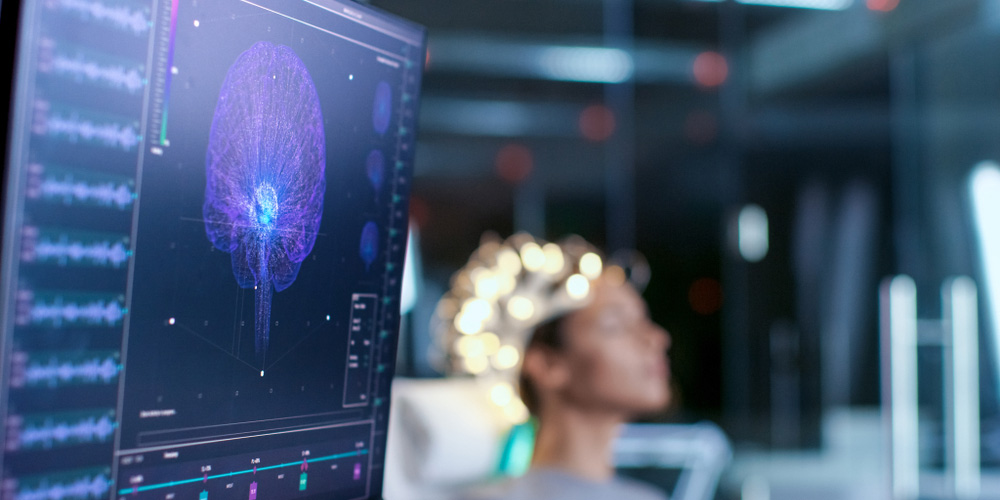
Minimally Invasive Brain and Spine Surgery

Minimally Invasive Brain and Spine Surgery in Thane West

What is Minimally Invasive Surgery ?
Minimally invasive surgery minimizes the amount of cuts and incisions your surgeon needs to make. Compared to open surgery, it is generally considered safer. As a result, you'll recover more quickly, spend less time in the hospital, and feel more comfortable during your recovery period.
In Minimally Invasive Surgery, doctors use a variety of techniques to operate with less damage to the body than with open surgery. In general, Minimally Invasive Surgery is associated with less pain, a shorter hospital stay and fewer complications.
This Minimal Access Surgery helps in early recovery of patients as they are usually walking around in a few hours after the surgery and can resume their daily activities in no time. Laparoscopic Surgery Causes Minimal Pain and has excellent cosmetic results.
When your surgeon performs traditional open surgery, they make a large incision to see what they're doing. The surgeon uses small tools, cameras, and lights through tiny incisions in the skin to conduct minimally invasive surgery. This allows your surgeon to perform surgery with less skin and muscle damage.
When compared to traditional open surgery, in Laparoscopic or Minimal Access Surgery patients experience less pain, less scarring and have a shorter recovery time.
Types of minimally invasive surgery:
Adrenalectomy
Brain surgery
Colectomy
Gallbladder surgery (cholecystectomy)
Heart surgery
Hiatal hernia repair
Kidney transplant
Nephrectomy (kidney removal)
Minimally Invasive Brain Surgery
To see what your surgeon is doing, they make a large incision when performing traditional open surgery. Through tiny incisions in the skin, the surgeon uses small tools, cameras, and lights to perform minimally invasive surgery. Your surgeon will be able to perform surgery with less skin and muscle damage as a result.
Benefits of Minimally Invasive Brain Surgery
In minimally invasive brain surgery, your neurosurgeon can reach the tumor or malformation in your brain through smaller incisions than in traditional brain surgery. The brain is exposed less when smaller incisions are used and minimally invasive approaches are used. Additionally, there is less manipulation of the brain itself, which leads to less pain and discomfort during recovery.
Treatments
- Brain & Spine tumour (Neuro-oncology)
- Vascular Neurosurgery (Neuro endovascular)
- Neuroendoscopic & Skull base surgery
- Traumatic brain surgeries (Neurotrauma)
- Pediatric Neurosurgery
- Spine surgery
- Minimally invasive brain & spine surgery
- Epilepsy surgery
- Functional neurosurgery
- Neuronavigation surgery
- Peripheral nerve surgery
Choose Our Doctor For The Best Care Of Yourself
Experience Life in the Fast Lane? Your Recovery Can Keep Up
Schedule an AppointmentCopyright © Dr. Anish Gandhi Rights Reserved